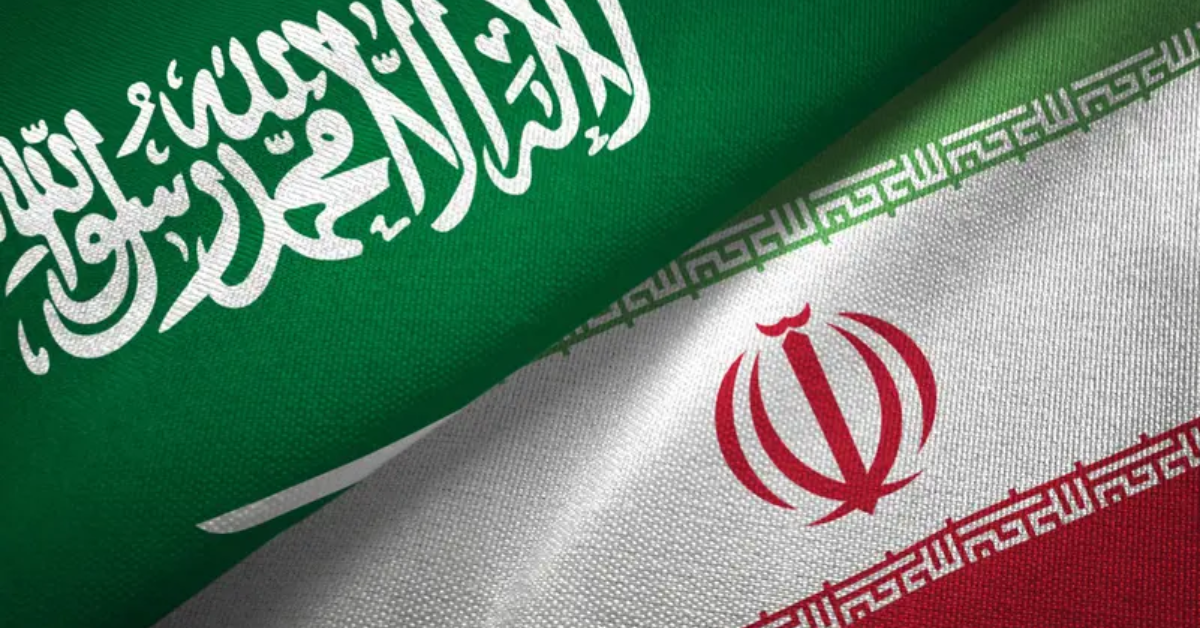Written by Stefan van der Berg (Ministry leader dia-LOGOS)
Iran reopened its embassy in Saudi Arabia on June 6, 2023, following a seven-year closure. The move comes after the two countries reached a deal in March to restore diplomatic relations.
Saudi Arabia severed ties with Iran in 2016 after its embassy in Tehran was attacked by protesters following the execution of a prominent Shia cleric by Saudi authorities. The reopening of the embassy is seen as a sign of progress in the two countries’ efforts to improve relations.
The two sides held several meetings since the deal was announced, and they discussed a range of issues, including the war in Yemen, the nuclear deal, and the situation in Syria.
The opening of the embassy could have a number of positive implications for the region. It has the potential to lead to increased cooperation between the two countries on a range of issues, such as counterterrorism, regional security, and economic development. It could also help to reduce tensions in the region and make it more difficult for Iran and Saudi Arabia to become involved in proxy wars.
From a Spiritual Perspective
The opening of an Iranian embassy in Saudi Arabia is a significant move from a spiritual perspective. The two countries are predominantly Shia and Sunni, respectively, and their long-standing rivalry has been fuelled by sectarian tensions.
Iran is predominantly Shia, with 90-95% of its population following Shia Islam. Saudi Arabia, on the other hand, is mostly Sunni, practicing a conservative interpretation called Wahhabism or Salafism. Sunnis constitute around 85% of the global Muslim population, while Shia Muslims make up approximately 15%. These divisions have played a significant role in conflicts like the Syrian civil war and ongoing conflicts in Lebanon, Iran, Iraq, and Yemen. The competition for influence between Saudi Arabia and Iran in the oil-rich Middle East is a prevalent theme in these conflicts.
The opening of the embassy could be seen as a sign of hope for improved relations between the two sects and a step towards greater religious tolerance in the region. However, it is important to note that there are still many challenges to overcome. The two countries have different political systems, they are rivals for influence in the region, and they support opposing sides in the Syrian and Yemeni civil wars, with Saudi Arabia supporting the rebels and Iran supporting the Syrian government.
Despite these challenges, the opening of the embassy could be a positive development for Syria as well. It has the potential to provide hope that the two countries can eventually reach a negotiated settlement to the conflict, which would allow for more humanitarian aid to be delivered to the country.
In both Saudi Arabia and Iran, citizenship is closely tied to religious affiliation. To be considered a true Saudi or Iranian, one must adhere to the Muslim faith. This perspective contrasts with the Western notion of nationalism, which emphasizes a broader sense of identity beyond religious beliefs. Unfortunately, this religious-based citizenship has led to the marginalization and persecution of Christians, who are often viewed as "foreign," Western, and European.
In Saudi Arabia, nationalism is assuming a new significance, with the King and his designated successors, Crown Prince Mohammed bin Nayef and Deputy Crown Prince Mohammed bin Salman, prioritizing a nationalist agenda. This shift raises concerns for non-Muslims, including the small Christian community of covert believers, who may face severe consequences.
However, it is important to note that a unified front between Iran and Saudi Arabia will also have a negative impact, especially on Christians who are already severely persecuted in that region. The two countries are ranked 8th and 13th on the Open Doors World Watch List, which tracks the persecution of Christians around the world.
As persecution continues to escalate, it is crucial that our prayers for our persecuted brethren become more fervent. Glenn Penner, the CEO of Voice of the Martyrs, explored the profound connection between persecution and discipleship in his article titled "A Biblical Theology of Persecution and Discipleship." Penner emphasizes that persecution is an integral part of discipleship, as following Christ entails embarking on a sacrificial path of reconciling the world to the Father, often amidst conflicts and selflessness.
SOURCES:

